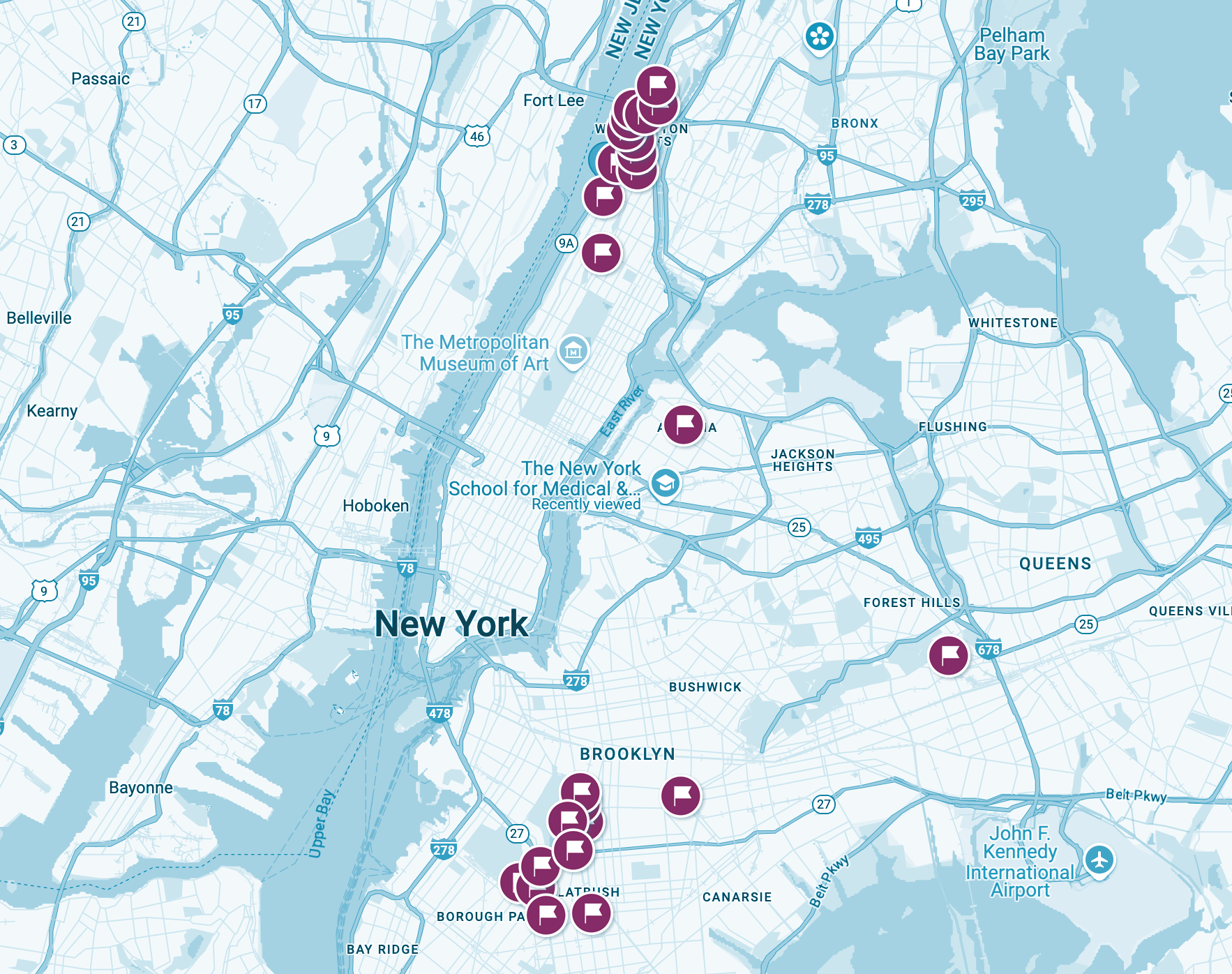Six men were arrested and had their initial court appearances yesterday after being charged in a five-count indictment with violating the Animal Welfare Act in connection with a cockfighting operation. A federal grand jury sitting in Providence, Rhode Island, returned the indictment last week.
The indictment alleges that on March 6, 2022, Miguel Delgado, 73, hosted a series of individual cockfights, known as “derbies,” at his Providence home. Delgado is also charged with sponsoring and exhibiting roosters in an animal fighting venture on multiple dates, buying and transporting sharp instruments or “gaffs” for use in the cockfights and unlawfully possessing roosters for use in an animal fighting venture.
Onill Vasquez Lozada, 39, and Antonio Ledee Rivera, both of Rhode Island, were charged with unlawfully possessing roosters in April 2021 for use in an animal fighting venture and for sponsoring and exhibiting roosters at the March 2022 derby at Delgado’s home. Rivera was additionally charged in connection with an earlier derby at Delgado’s home.
Germidez Kingsley Jamie, 31; Jose Rivera, 67; and Luis Castillo, 35, all residents of Massachusetts, were charged with sponsoring and exhibiting roosters at an animal fighting venture at the March 2022 derby. Jamie and Jose Rivera are also charged with one count of buying and transporting gaffs for use in an animal fighting venture.
Cockfighting is a contest in which a person attaches a knife, gaff or other sharp instrument to the leg of a “gamecock” or rooster and then places the bird a few inches away from a similarly armed rooster. This results in a fight during which the roosters flap their wings and jump while stabbing each other with the weapons that are fastened to their legs. A cockfight ends when one rooster is dead or refuses to continue to fight. Commonly, one or both roosters die after a fight.
If convicted of Animal Welfare Act violations, the defendants each face a maximum penalty of five years in prison. A federal district court judge will determine any sentence after considering the U.S. Sentencing Guidelines and other statutory factors.
Assistant Attorney General Todd Kim of the Justice Department’s Environment and Natural Resources Division and U.S. Attorney Zachary A. Cunha for the District of Rhode Island made the announcement.
The Department of Agriculture’s Office of Inspector General (USDA-OIG), Postal Inspection Service, Food and Drug Administration’s Office of Criminal Investigation and Rhode Island Society for the Prevention of Cruelty to Animals investigated the case. Valuable assistance was provided by the U.S. Marshals Service, U.S. Fish and Wildlife Service’s Office of Law Enforcement, U.S. Customs and Border Protection, Rhode Island State Police, Massachusetts State Police, Animal Rescue League of Boston’s Law Enforcement Division and Providence, Woonsocket, and Attleboro Police Departments.
To report animal fighting crimes, contact your local law enforcement or the USDA-OIG’s complaint hotline.
An indictment is merely an allegation. All defendants are presumed innocent until proven guilty beyond a reasonable doubt in a court of law.


